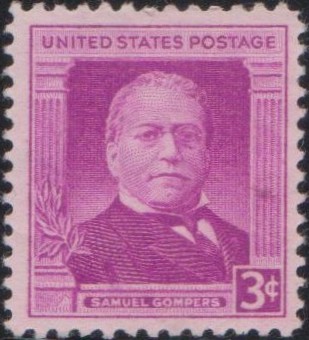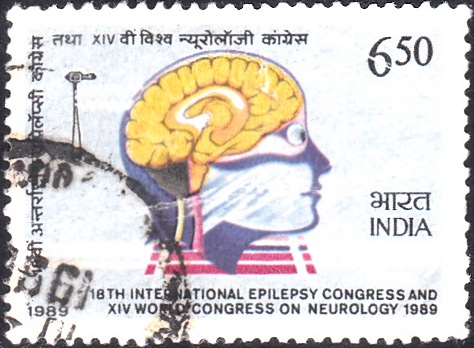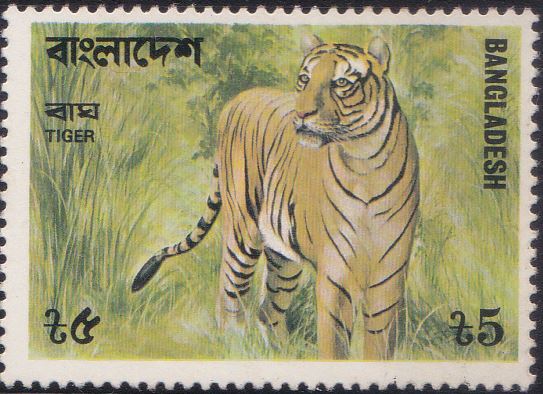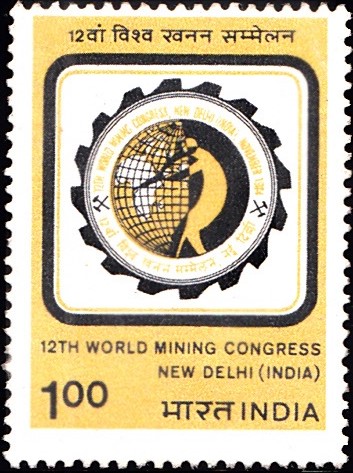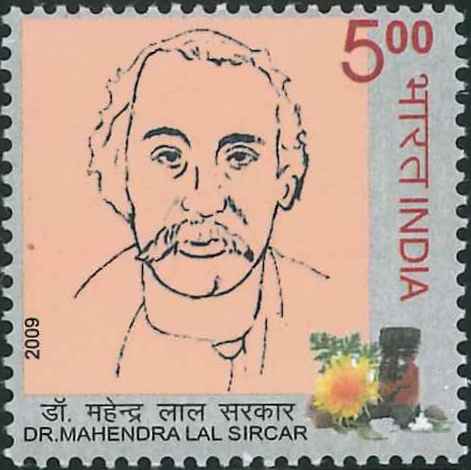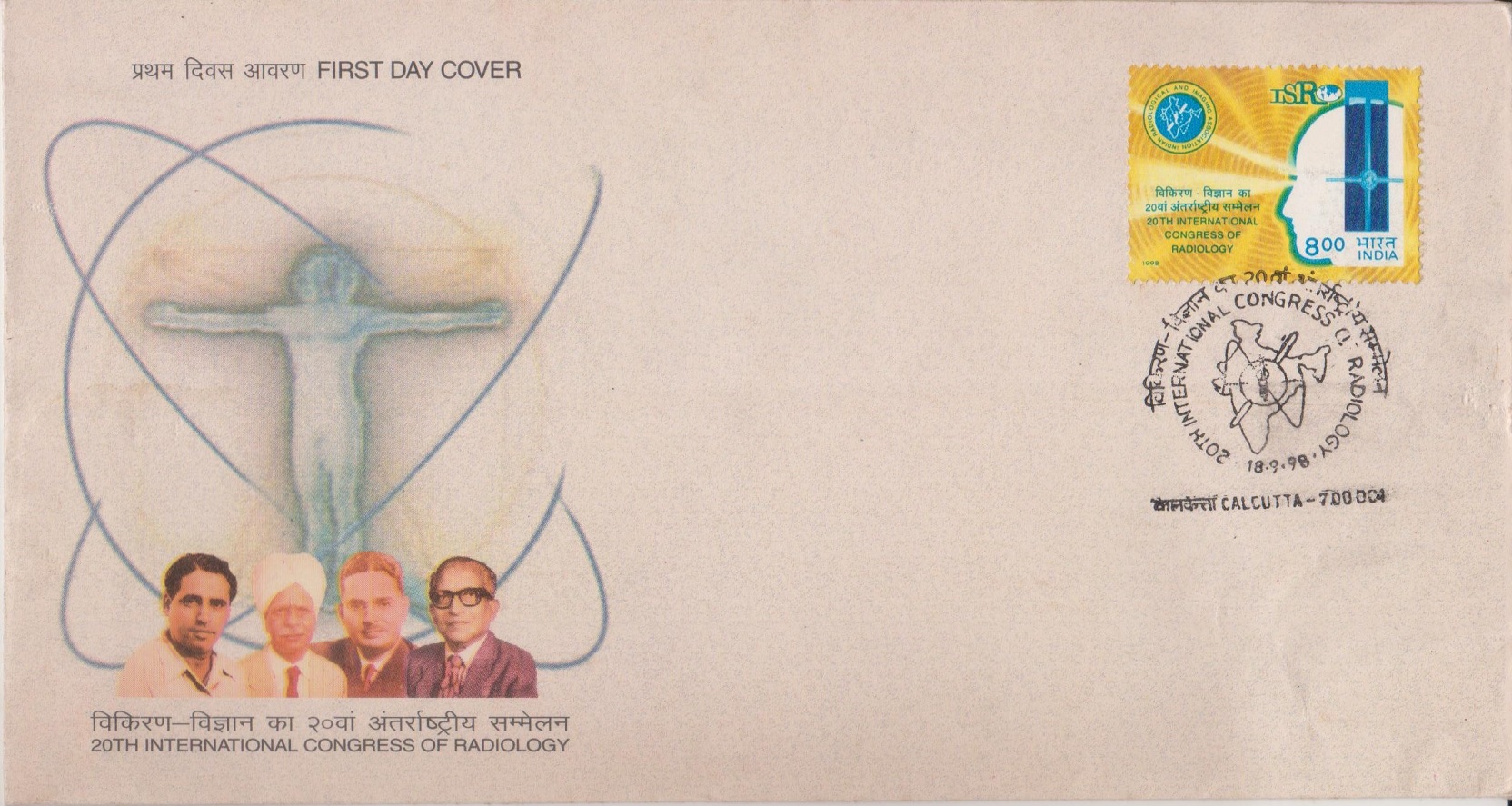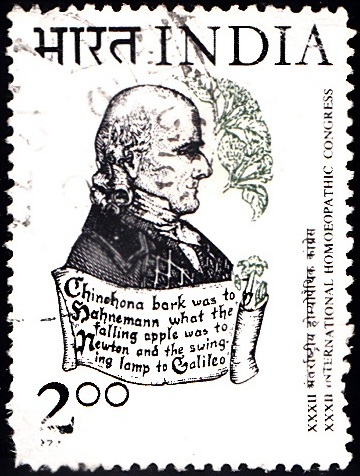
India on XXXII International Homeopathic Congress
A commemorative postage stamp on the 32nd International Homeopathic Congress, New Delhi :
Issued on Oct 6, 1977
Issued for : The Indian Posts and Telegraphs Department is happy to bring out a commemorative postage stamp to mark the XXXII International Homeopathic Congress being held in New Delhi from October 6-11, 1977.
Description of Design : The design of the stamp depicts the profile of Dr. Samuel Hahnemann. Alongside is shown cinchona plant.
Designed by : Shri Benoy Sarkar
Type : Stamp, Postal Used
Colour : Olive–green and black
Denomination : 200 Paise
Overall size : 3.91 X 2.90 cms.
Printing size : 3.55 X 2.54 cms.
Perforation : 13 x 13
Watermark : Printed on unwatermarked adhesive stamp paper
Number printed : 20,00,000
Number per issue sheet : 35
Printing process : Photogravure
Printed at : India Security Press
About :
- World Homeopathic Conventions and Congresses have been held since 1876. India is having the honour for the second time to host the International Homeopathic Congress. The previous Congress in India was held in 1967. About 2000 experts in Homeopathy from the world over are expected to participate in the present Congress, which will be mainly devoted to a discussion of homeopathy in pediatrics, heart disease, cancer and its sphere in dentistry and veterinary medicine. The Congress will also review the progress made in regard to research carried out since its last session.
- Dr. Samuel Hahnemann of Germany was the founder of Homeopathy. He hit upon this while conducting some experiments with cinchona bark in 1790. The first experiments in this connection were published in 1796.
- With increasing popularity of this system of medicine and the consequent international collaboration, the International Homeopathic League was founded in 1925 with permanent headquarters at Geneva. With patronage from the people and recognition from the Government, India is now one of the leading countries in Homoeopathy.
- The current session of the Congress will highlight the important role this system of medicine could play in India. Homoeopathy may effectively answer the need for providing cheap medical aid to our vast rural masses.


